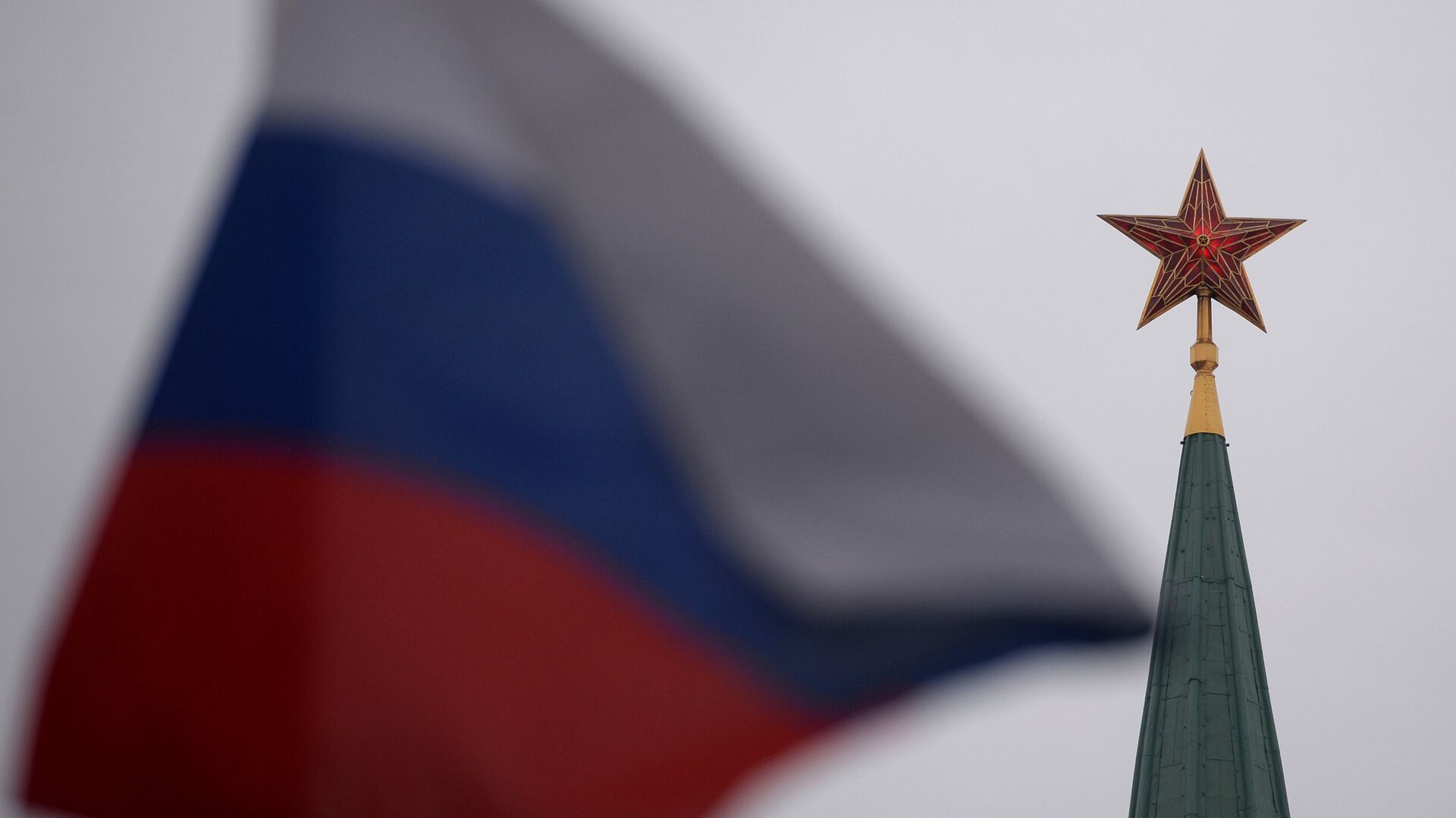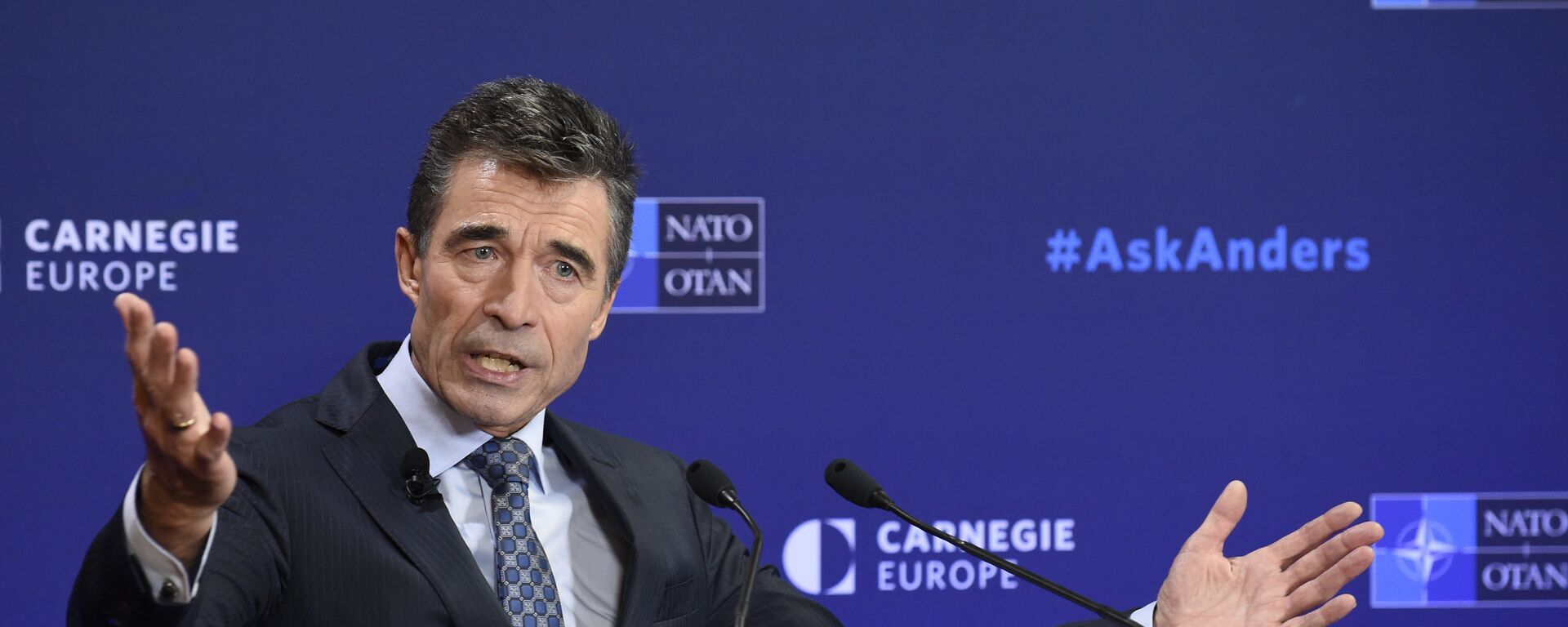https://sputnikglobe.com/20221230/russia-has-bright-opportunities-but-understandably-some-residents-miss-ussr-us-expert-1105926025.html
Russia Has Bright Opportunities But Understandably Some Residents Miss USSR: US Expert
Russia Has Bright Opportunities But Understandably Some Residents Miss USSR: US Expert
Sputnik International
The fact that some residents of Russia miss the former Soviet Union is understandable, but Russia has bright opportunities ahead
2022-12-30T13:16+0000
2022-12-30T13:16+0000
2022-12-31T07:42+0000
analysis
russia
future
ussr
100th anniversary of ussr’s foundation
https://cdn1.img.sputnikglobe.com/img/104523/08/1045230825_0:259:2723:1790_1920x0_80_0_0_1f60129e1be80ce7f4a127b5726f1d11.jpg
"It is understandable for some to have this perspective, especially those in retirement or in need, and in challenging times. Additionally, many probably miss the sense of belonging, the sense of being home," Rasmussen said. "But while we will likely be facing global challenges over the next decade, I believe the opportunities are bright for Russia in the future." On December 30, 1922, five years after the October Revolution, the first All-Union Congress of Soviets in Moscow declared that the world's first socialist state, the Soviet Union, was established to develop on Marxist precepts and to usher a new era of communism in the world. For almost 70 years, the Soviet Union remained one of the key players in international affairs, captivating the thoughts of politicians, scholars, artists, journalists and others. The country's founders envisioned it as a beachhead for a revolution that was supposed to spread throughout the world. Even though those plans did not succeed, the Soviet Union did serve as an organizational and symbolic center for leftist movements in many countries that were inspired by what they considered to be an alternative to the prevailing capitalist-imperialist order. Rasmussen noted that residents could travel to any region of the Soviet Union and feel a sense of belonging - a sentiment still remembered and sought by some today. Rasmussen also said the freedoms and opportunities Russians enjoy today are far greater than in the Soviet Union. Rasmussen underscored that the birth of the Soviet Union was a "historic event" and the country played an important role in the history of the 20th century. Rasmussen said the Soviet authorities effectively eliminated or highly controlled individual freedoms - freedom of expression, press, speech and religion, thereby limiting individualism and innovation. However, there were many successes, including in industrialization, education, economy and health care, he said. Rasmussen also highlighted the role the Soviet Union played in World War II, characterizing it as a major contribution to the free world today. "Few westerners realize that without the Soviet Union, the war would have been lost and Nazi Germany would likely have been the victor. Where would we be today in a fascist-led world? In any case, the Soviet Union faced approximately 80% of the German forces and was instrumental in the defeat of Hitler’s Nazi Germany," he said.
https://sputnikglobe.com/20220704/former-nato-secretary-general-anders-fogh-rasmussen-hired-as-zelenskys-adviser-1096927335.html
russia
ussr
Sputnik International
feedback@sputniknews.com
+74956456601
MIA „Rossiya Segodnya“
2022
Sputnik International
feedback@sputniknews.com
+74956456601
MIA „Rossiya Segodnya“
News
en_EN
Sputnik International
feedback@sputniknews.com
+74956456601
MIA „Rossiya Segodnya“
Sputnik International
feedback@sputniknews.com
+74956456601
MIA „Rossiya Segodnya“
former soviet union, russia has bright opportunities
former soviet union, russia has bright opportunities
Russia Has Bright Opportunities But Understandably Some Residents Miss USSR: US Expert
13:16 GMT 30.12.2022 (Updated: 07:42 GMT 31.12.2022) WASHINGTON (Sputnik) - The fact that some residents of Russia miss the former Soviet Union is understandable, but Russia has bright opportunities ahead, the Washington-based Eurasia Center Executive Vice President, Earl Rasmussen, told Sputnik.
"It is understandable for some to have this perspective, especially those in retirement or in need, and in challenging times. Additionally, many probably miss the sense of belonging, the sense of being home," Rasmussen said. "But while we will likely be facing global challenges over the next decade, I believe the opportunities are bright for Russia in the future."
On December 30, 1922, five years after the October Revolution, the first All-Union Congress of Soviets in Moscow declared that the world's first socialist state, the
Soviet Union, was established to develop on Marxist precepts and to usher a new era of communism in the world.
For almost 70 years, the Soviet Union remained one of the key players in international affairs, captivating the thoughts of politicians, scholars, artists, journalists and others. The country's founders envisioned it as a beachhead for a revolution that was supposed to spread throughout the world. Even though those plans did not succeed, the Soviet Union did serve as an organizational and symbolic center for leftist movements in many countries that were inspired by what they considered to be an alternative to the prevailing capitalist-imperialist order.
Rasmussen noted that residents could travel to any region of the Soviet Union and feel a sense of belonging - a sentiment still remembered and sought by some today.
"Now, perhaps those feelings are not as strong. However, I think this is a utopian dream [to bring back the Soviet Union]. We often only remember the good things and not the challenges that we experience," he said.
Rasmussen also said the freedoms and opportunities Russians enjoy today are far greater than in the Soviet Union.
Rasmussen underscored that the birth of the Soviet Union was a "historic event" and the country played an important role in the history of the 20th century.
"One which is the first time that a 'working class' society rose to establish a government and retain that government. In many ways, the Soviet Union was a social and ideological experiment. There were many good things and some not so good," he said.
Rasmussen said the Soviet authorities effectively eliminated or highly controlled individual freedoms - freedom of expression, press, speech and religion, thereby limiting individualism and innovation. However, there were many successes, including in industrialization, education, economy and health care, he said.
"The Soviet Union experienced a rapid industrialization and evolutionary change in the social environment. Within 40 years, the Soviet Union became the second largest economy in the world, trailing only the United States," he added.
Rasmussen also highlighted the role the Soviet Union played in World War II, characterizing it as a major contribution to the free world today.
"Few westerners realize that without the Soviet Union, the war would have been lost and Nazi Germany would likely have been the victor. Where would we be today in a fascist-led world? In any case, the Soviet Union faced approximately 80% of the German forces and was instrumental in the defeat of Hitler’s Nazi Germany," he said.



